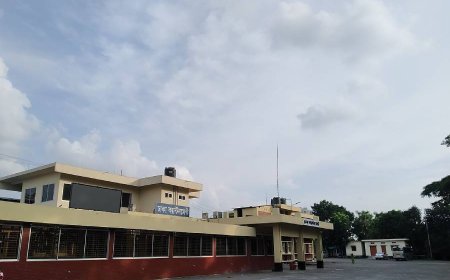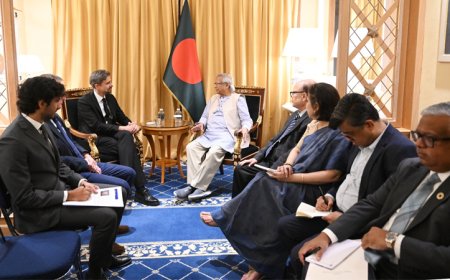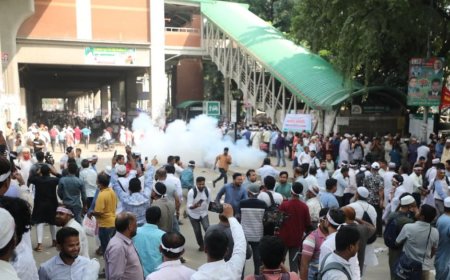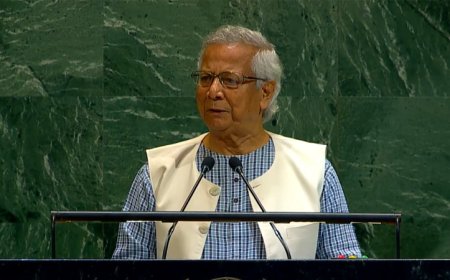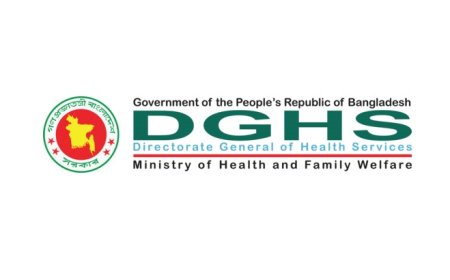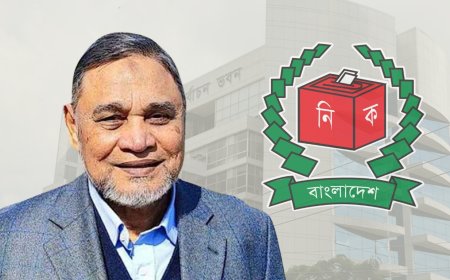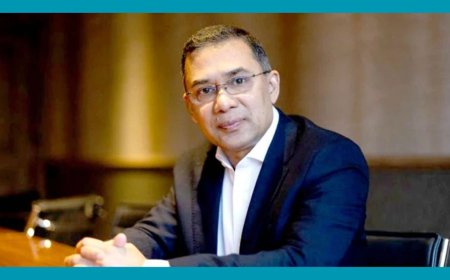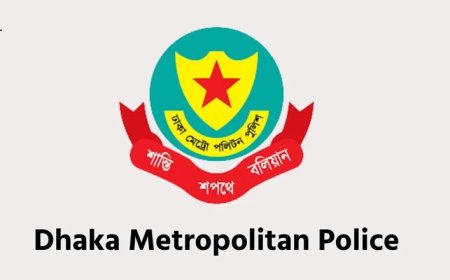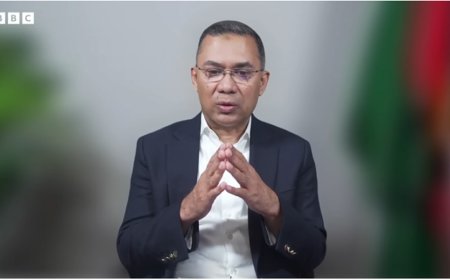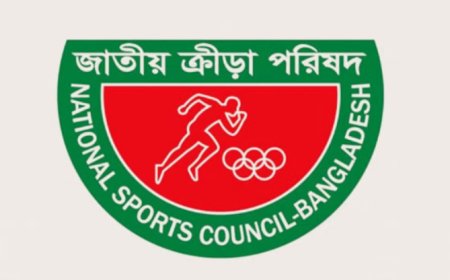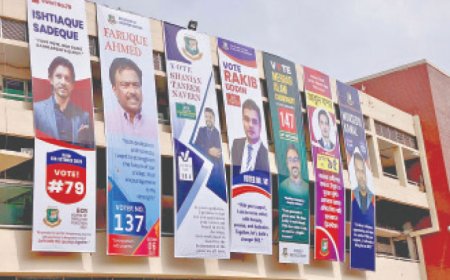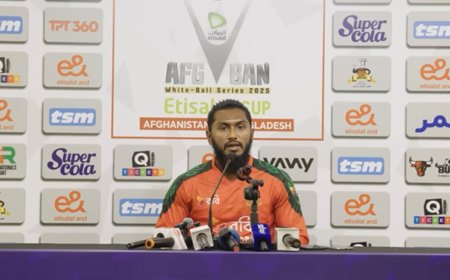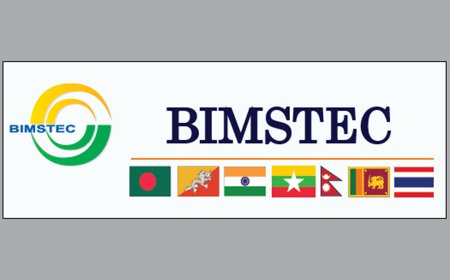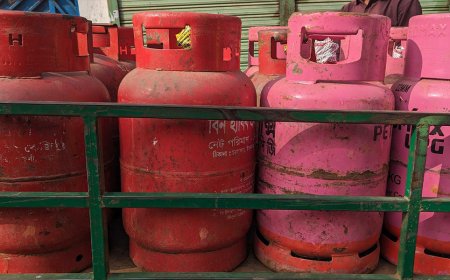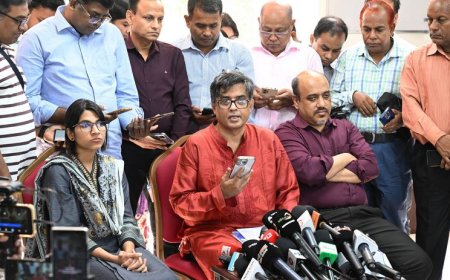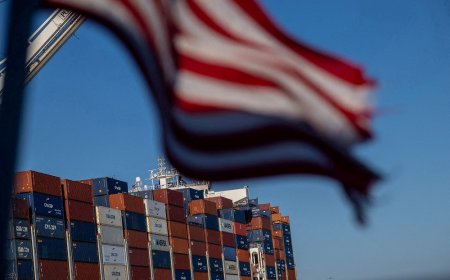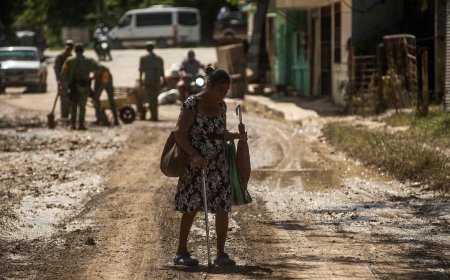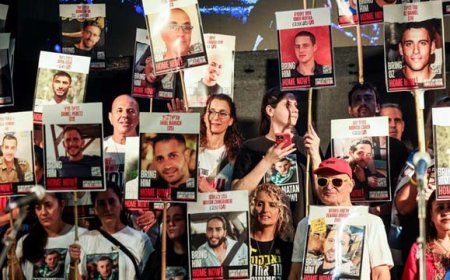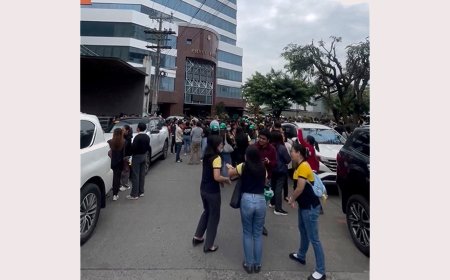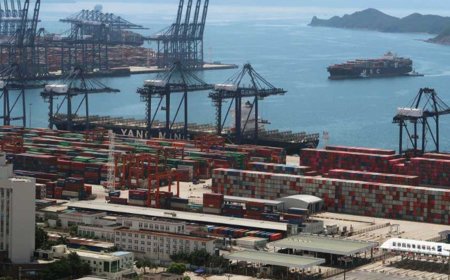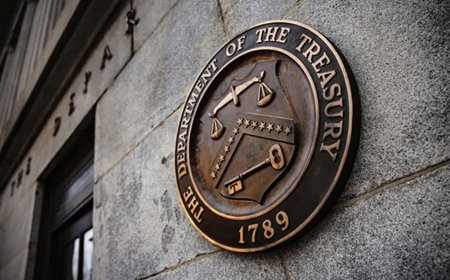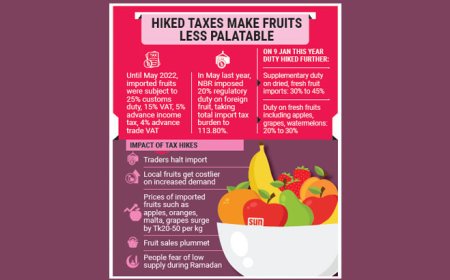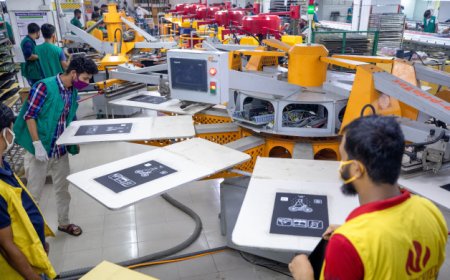Taskforce Report: Corruption and Delays Inflate Costs of 8 Mega Projects by $7.5 Billion
Taskforce Report: Corruption and Delays Inflate Costs of 8 Mega Projects by $7.5 Billion
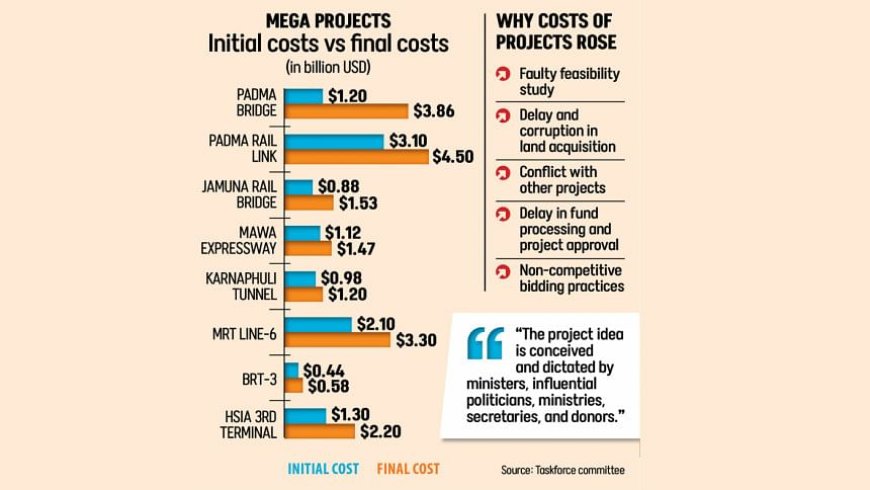
Taskforce Report: Corruption, Delays Inflate Costs of Eight Mega Projects by $7.52 Billion
The costs of eight major infrastructure projects in Bangladesh have surged by 68%, or $7.52 billion, from their original estimates due to faulty feasibility studies, corruption, and delays, according to a government task force report. These projects include:
- Padma Bridge
- Padma Bridge Rail Link
- Jamuna Railway Bridge
- Dhaka-Mawa Expressway
- Bangabandhu Tunnel
- Dhaka Metro Rail Line-6
- Terminal-3 of Hazrat Shahjalal International Airport
- BRT Line-3
Initially estimated at $11.2 billion, the total cost has ballooned to $18.64 billion, the report states. The task force, led by KAS Murshid, former Director General of the Bangladesh Institute of Development Studies, was formed on September 10, 2023, to devise strategies for economic growth and resource mobilization.
The 12-member committee submitted its findings to the interim government last week, identifying land acquisition delays, corruption in land valuation, misuse of acquired land, and conflicts with other projects as major reasons for cost escalations.
Key Findings of the Report:
1. Politically Driven Projects & Weak Feasibility Studies
- Projects are often initiated by ministers, influential politicians, and donors rather than based on expert planning.
- Feasibility studies are conducted as a mere formality, often inflating benefits and underestimating costs.
- Projects lack alignment with master plans and departmental priorities.
2. Land Acquisition Delays & Corruption
- Land acquisition starts only after project approval, leading to major delays.
- Land valuation and compensation processes are lengthy and corruption-ridden.
- Acquired land is often diverted for non-project uses, such as luxury developments, shipyards, or cantonments.
3. Coordination Issues & Conflicts with Other Projects
- Poor coordination leads to overlapping projects, increasing costs and inefficiencies.
- Example: Dhaka Metro Rail Line-6 conflicts with Dhaka Elevated Expressway.
- Multiple ministries handle transport projects separately, leading to disjointed development.
4. Costly Foreign Loans & Procurement Issues
- Foreign-funded projects are criticized for high costs, mainly due to direct procurement and lack of competitive bidding.
- India's Lines of Credit require 75% of project materials and services to be sourced from India, limiting procurement flexibility and inflating costs.
5. Poorly Planned Infrastructure & Underutilization
- The Dhaka-Mawa Expressway faces traffic congestion and lack of connectivity, reducing its effectiveness.
- Padma Bridge Rail Link is failing to generate expected freight traffic, delaying economic benefits.
- Dohazari-Cox’s Bazar Rail Line operates well below capacity, with only two trains running daily instead of the planned 22 passenger and 6 freight trains.
- Bangabandhu Tunnel faces low traffic volume, leading to daily losses of Tk 26.5 lakh due to poor integration with industrial zones and road networks.
Recommendations
- Unify transport infrastructure planning under a single ministry to improve coordination.
- Strengthen the Planning Commission's role in project approval and oversight.
- Improve feasibility study standards to prevent cost overruns and inefficiencies.
- Reform land acquisition processes to reduce delays and corruption.
- Ensure more competitive bidding in procurement to avoid inflated costs.
Despite completing several mega projects, the report concludes that Bangladesh has paid a heavy price in terms of wasted resources, corruption, and inefficiencies, raising concerns about the long-term sustainability of such developments.
What's Your Reaction?







